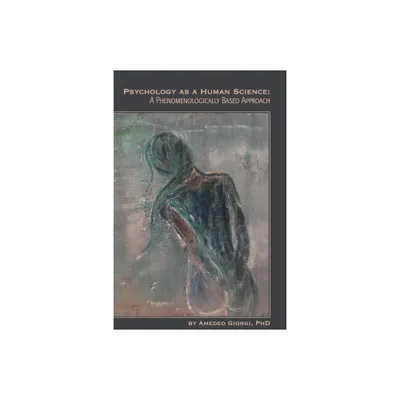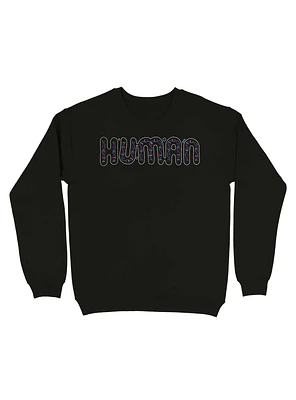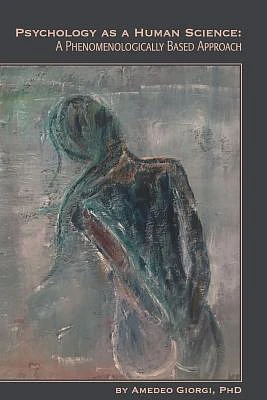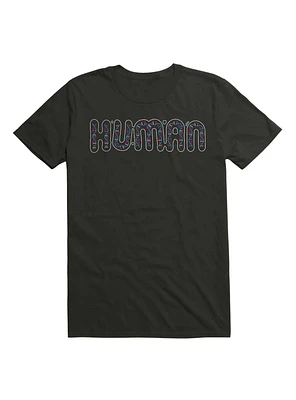Home
the Victorian Reinvention of Race: New Racisms and Problem Grouping Human Sciences
Loading Inventory...
Barnes and Noble
the Victorian Reinvention of Race: New Racisms and Problem Grouping Human Sciences
Current price: $180.00


Barnes and Noble
the Victorian Reinvention of Race: New Racisms and Problem Grouping Human Sciences
Current price: $180.00
Loading Inventory...
Size: Hardcover
*Product Information may vary - to confirm product availability, pricing, and additional information please contact Barnes and Noble
In mid-Victorian England there were new racial categories based upon skin colour. The 'races' familiar to those in the modern west were invented and elaborated after the decline of faith in Biblical monogenesis in the early nineteenth century, and before the maturity of modern genetics in the middle of the twentieth. Not until the early nineteenth century would polygenetic and racialist theories win many adherents. But by the middle of the nineteenth century in England, racial categories were imposed upon humanity. How the idea of 'race' gained popularity in England at that time is the central focus of
The Victorian Reinvention of Race: New Racisms and the Problem of Grouping in the Human Sciences.
Scholars have linked this new racism to some very dodgy thinkers.
The Victorian Reinvention of Race
examines a more influential set of the era's writers and colonial officials, some French but most of them British. Attempting to do serious social analysis, these men oversimplified humanity into biologically-heritable, mentally and morally unequal, colour-based 'races'. Thinkers giving in to this racist temptation included Alexis de Tocqueville when he was writing on Algeria; Arthur de Gobineau (who influenced the Nazis); Walter Bagehot of The Economist; and Charles Darwin (whose Descent of Man was influenced by Bagehot). Victorians on Race also examines officials and thinkers (such as Tocqueville in Democracy in America, the Duke of Argyll, and Governor Gordon of Fiji) who exercised methodological care, doing the hard work of testing their categories against the evidence. They analyzed human groups without slipping into racial categorization. Author Edward Beasley examines the extent to which the Gobineau-Bagehot-Darwin way of thinking about race penetrated the minds of certain key colonial governors. He further explores the hardening of the rhetoric of race-prejudice in some quarters in England in the nineteenth century – the processes by which racism was first formed.
The Victorian Reinvention of Race: New Racisms and the Problem of Grouping in the Human Sciences.
Scholars have linked this new racism to some very dodgy thinkers.
The Victorian Reinvention of Race
examines a more influential set of the era's writers and colonial officials, some French but most of them British. Attempting to do serious social analysis, these men oversimplified humanity into biologically-heritable, mentally and morally unequal, colour-based 'races'. Thinkers giving in to this racist temptation included Alexis de Tocqueville when he was writing on Algeria; Arthur de Gobineau (who influenced the Nazis); Walter Bagehot of The Economist; and Charles Darwin (whose Descent of Man was influenced by Bagehot). Victorians on Race also examines officials and thinkers (such as Tocqueville in Democracy in America, the Duke of Argyll, and Governor Gordon of Fiji) who exercised methodological care, doing the hard work of testing their categories against the evidence. They analyzed human groups without slipping into racial categorization. Author Edward Beasley examines the extent to which the Gobineau-Bagehot-Darwin way of thinking about race penetrated the minds of certain key colonial governors. He further explores the hardening of the rhetoric of race-prejudice in some quarters in England in the nineteenth century – the processes by which racism was first formed.

















